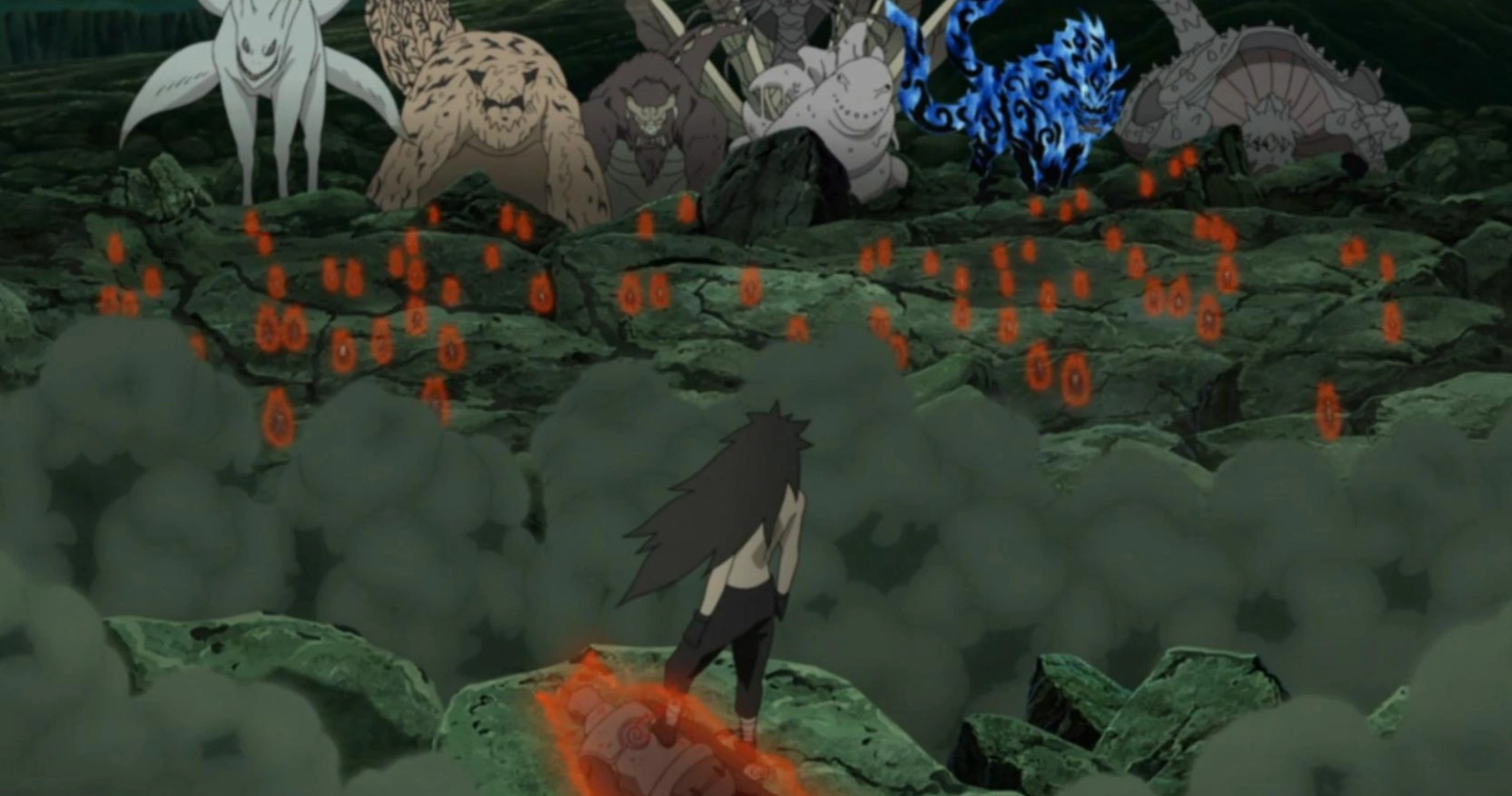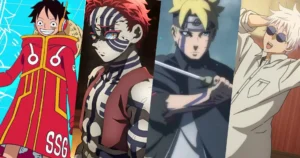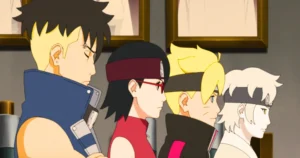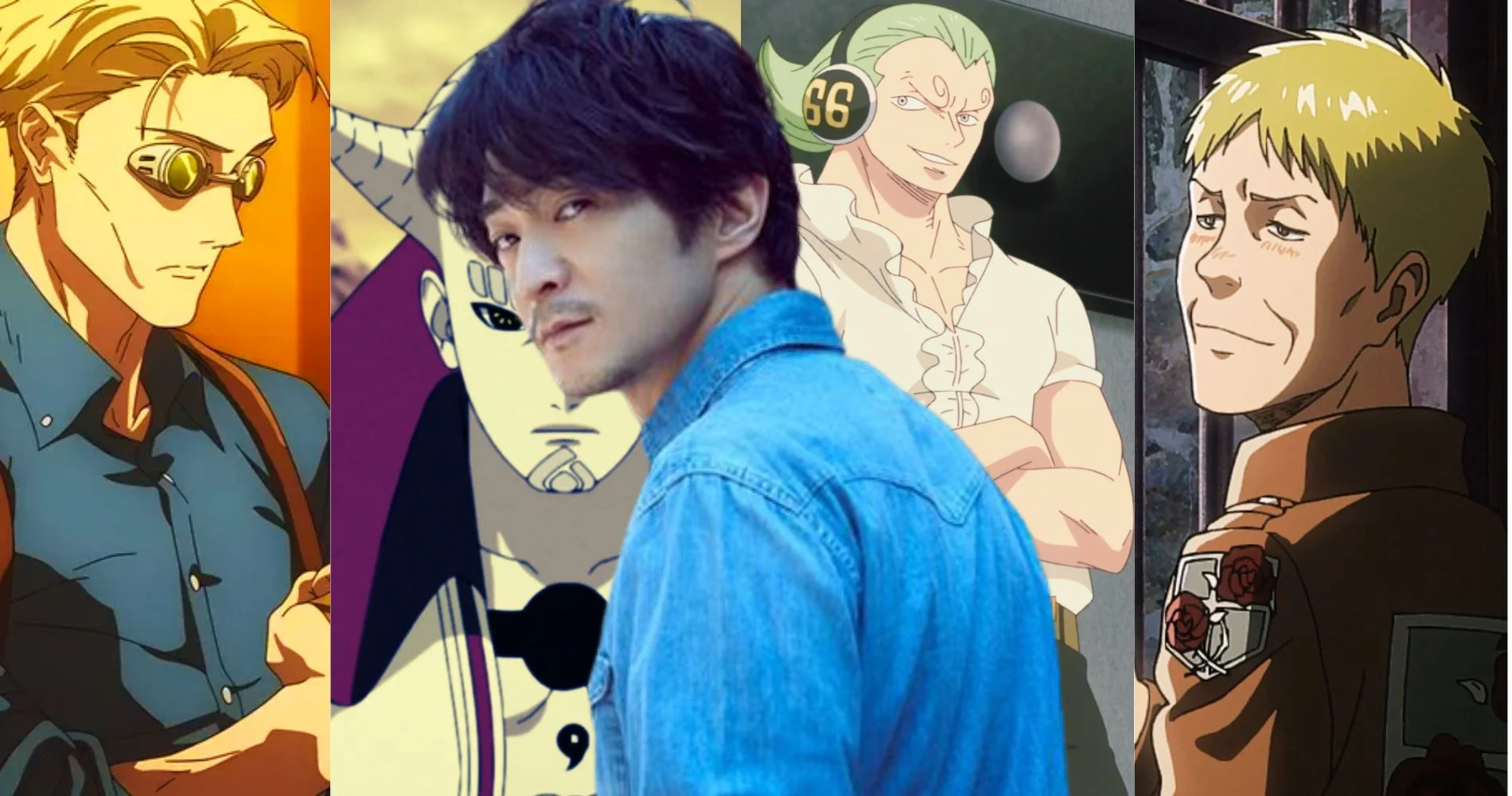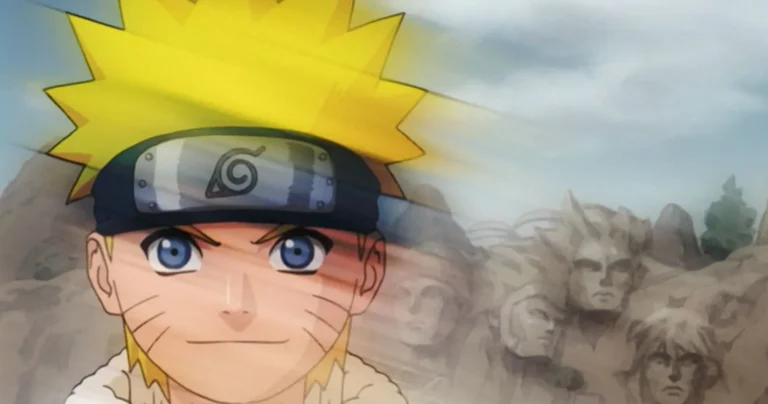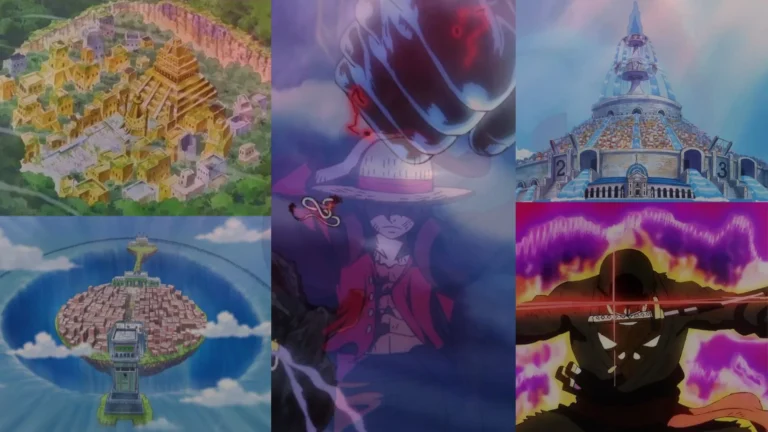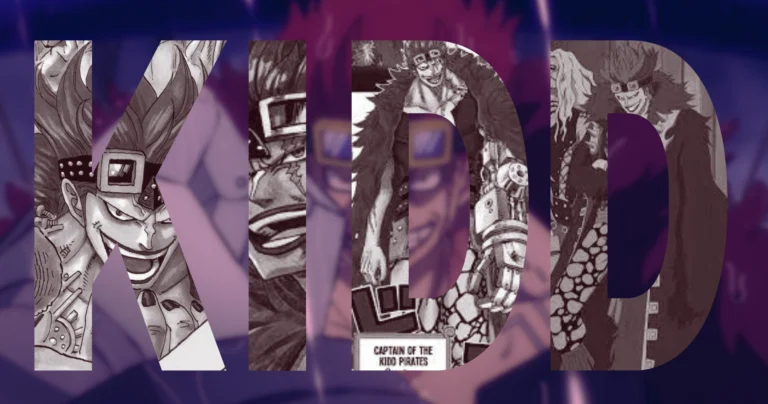
Summary
- Boruto series proves that Madara Uchiha was right regarding peace and war
- Naruto's ideal promise in the end of the series to save humanity and stop wars become a mockery after witnessing the Boruto series
- Boruto shows a ninja world where war and fight was always an issue, that even Naruto being a hokage cannot stop it
Boruto: Naruto Next Generations itself is highly publicized and has a distinct fan base, but fans who claim it has “destroyed” the original Naruto series also hold it responsible for some of its characteristics. One of the main criticisms is that it disrespects Naruto’s vision for peace and implies that his efforts were all in vain.
Failure of Naruto in Bringing Peace
Principles of Madara are Illustrated Right. One of the key issues of Naruto’s mission was becoming peaceful in his vision of ending war and hatred in the world. By the end of Naruto Shippuden, Naruto is a symbol of peace and hope because he had fought extremely hard to unite the world of the Shinobi and bring an end to the Fourth Great Ninja War. But in Boruto, what is painfully clear is that Naruto’s efforts to attain lasting peace have not succeeded, and the world continues on shaky foundations.

The Continuing Menace of War
Although Naruto is now the Hokage, there are continued wars in the world and continuous threats from great powers such as the Kara organization and the Otsutsuki clan. Unlike in the original Naruto series, where Naruto had wanted to end the endless cycle of war through diplomacy, good deeds, and his ability to change people’s hearts, peace is only partially achieved and left incomplete. This takes away from his success and leaves the world still open to threats from outside.

Madara's "Infinite Tsukuyomi" Vision
Madara Uchiha, the eternal arch-enemy of Naruto, thought Infinite Tsukuyomi, a strategy to trap humans in a dream that will go on infinitely and rule them, was the only solution to putting an end to the travails brought by endless wars. In the series of Naruto, Naruto denies the ideas of Madara that there can be peace only through understanding and living together. But in Boruto, the constant struggle between different factions and the emergence of new antagonists appear to justify Madara’s cynicism because the peace that Naruto struggled for seems to be temporary and tenuous.

The World Remains War-Torn
All that Naruto has accomplished to achieve peace at the end of Naruto Shippuden—uniting the shinobi world and becoming Hokage—Boruto shows a world that remains war-torn. Wars no longer rage between countries, but danger from the Otsutsuki clan and Kara organization still exists, so the world is not at peace. Even in the wake of the Fourth Great Ninja War, we still find new, sinister foes threatening the tenuous peace Naruto and others fought so hard for.

Naruto's Leadership Put to the Ultimate Test
In Boruto , Naruto becoming the Hokage is not an immediate sign of peace, and regardless of how diligently he works, his ideals and leadership are tested to the extreme. Being faced with Isshiki Otsutsuki and Kara’s meddling is proof that the ninja world is a long way from being peaceful. This fact is a darker parallel to Naruto’s formerly optimistic conclusion, questioning whether his work made a lasting impact.
Madara's Theory Proved Right?
Madara’s vision of complete domination appears more and more true as the world continues to destabilize. This discredits Naruto’s assumption that wisdom and free will can establish enduring peace. Boruto demonstrates that despite all his attempts, Naruto cannot stop new threats from emerging. His ideals, once considered the solution to breaking the cycle of war, are now tested by the ongoing threats his world encounters.

The Bleak Reality of Boruto's Universe
Whereas Naruto’s narrative in Naruto Shippuden was one of ending the cycle of war and attaining eternal peace, Boruto has a darker story. Regardless of how hard Naruto attempts, his concept of peace is tenuous, and his ideals become more and more disconnected as the new generation battles alien, cosmic enemies and human foes. The Otsutsuki clan and Boruto’s own issues prove that the world is far from the peace Naruto had once dreamed of.
A Critique of Naruto's Ideals
Madara’s concept of utter control and the Infinite Tsukuyomi, which Naruto formerly refused, is, in some sense, verified by the problems that happen following his rise to Hokage. In Boruto, it would appear that harmony is neither achievable nor long-lasting using Naruto’s endeavors only, and it suggests that Madara’s idea has been right the whole time. This change of perspective by Boruto alarms watchers since it sabotages Naruto’s way and personal sacrifices.
